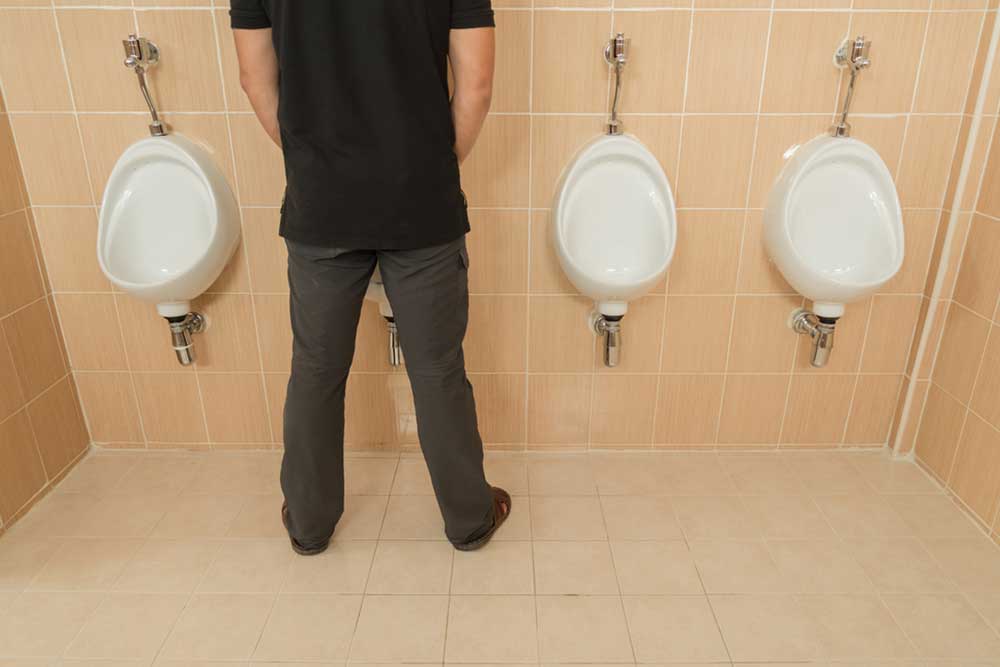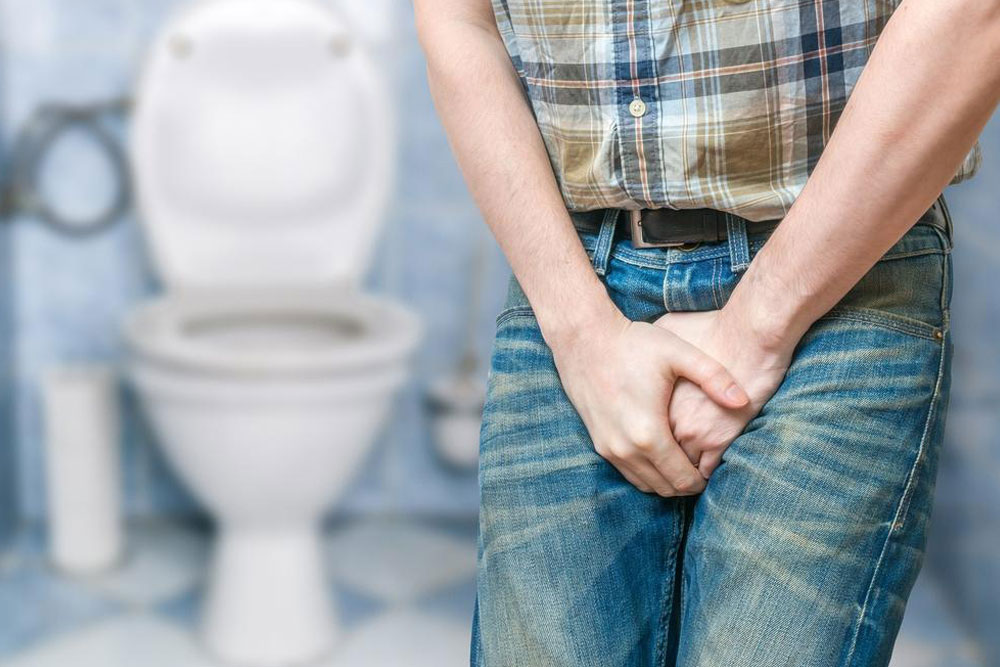Causes and Remedies for Frequent Urination
This article explores the common causes of frequent urination, including health conditions like diabetes and prostate issues, along with prevention tips and treatment options. Lifestyle changes and medical interventions can help manage symptoms effectively. Maintaining a healthy diet and pelvic exercises are beneficial for mild cases. Consult healthcare professionals for personalized guidance to improve urinary health.

Causes and Remedies for Frequent Urination
Frequent urination, characterized by needing to go eight or more times daily, can stem from issues like diabetes, pelvic muscle weakness, urinary infections, or other health conditions.
In women, pregnancy and childbirth can weaken pelvic support, leading to increased urination due to bladder pressure. For men, prostate enlargement is a typical cause. Other factors include bladder stones, tumors, or radiation therapy. Excess weight may also press on the bladder, causing more frequent urges.
Preventive Strategies
Adopting a healthy lifestyle and engaging in pelvic exercises can help prevent frequent urination. Simple behavior changes and dietary adjustments can reduce risks of bladder issues.
Reduce intake of caffeine, alcohol, and citrus drinks.
Limit consumption of tomato-based products.
Avoid artificial sweeteners.
Increase fiber-rich foods in your diet.
Perform Kegel exercises regularly to strengthen pelvic muscles.
Treatment Approaches
Addressing the root cause is essential for effective treatment. Managing conditions like diabetes, infections, or prostate problems can significantly improve symptoms.
Maintain blood sugar control for diabetics. Treat urinary infections and prostate issues, sometimes with surgery.
Use medications to regulate hormones or ease overactive bladder symptoms.
Severe cases may require surgical procedures.
For mild cases, a nutritious diet combined with pelvic floor exercises may suffice. Always seek medical advice for personalized treatment options.


